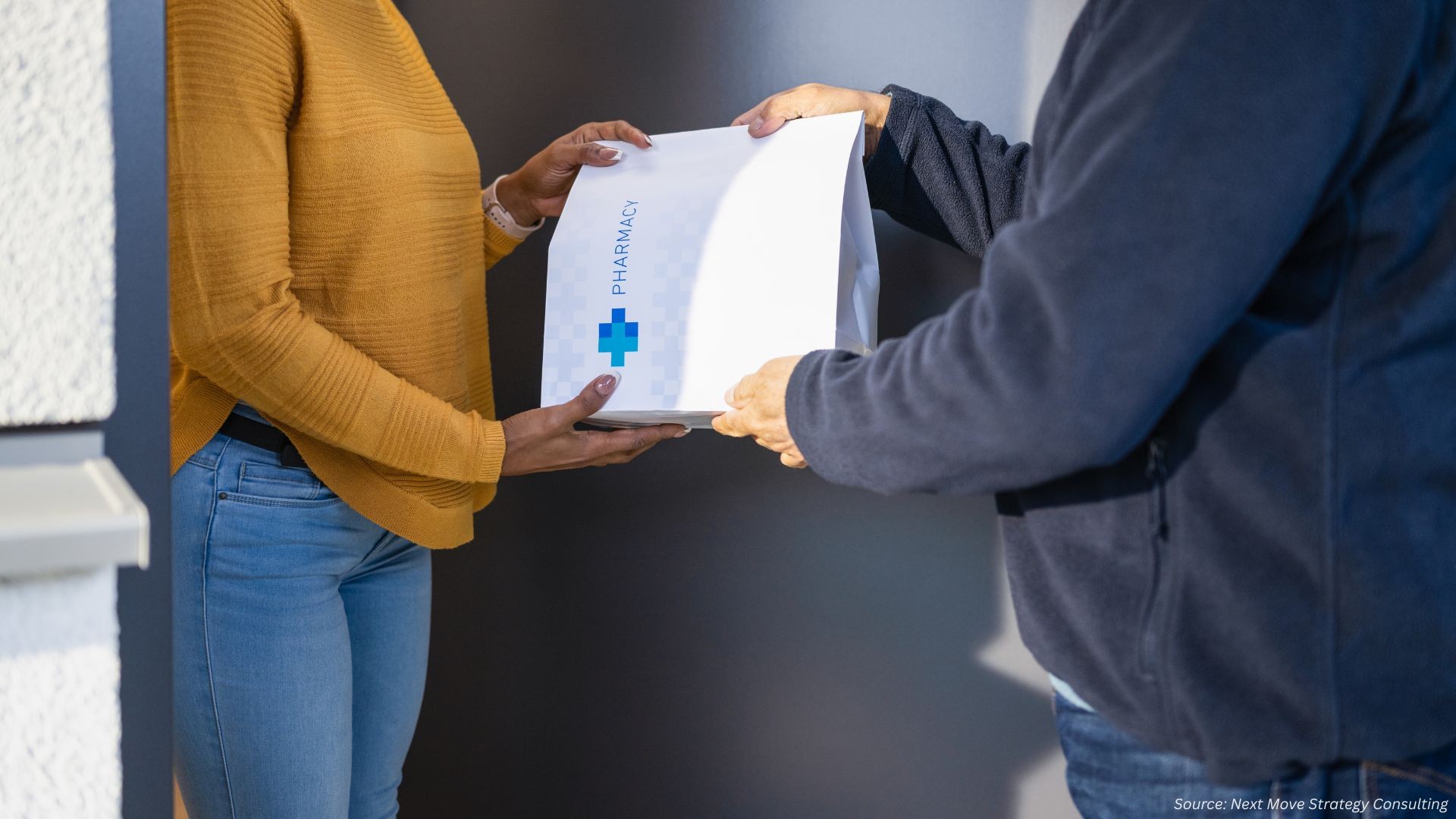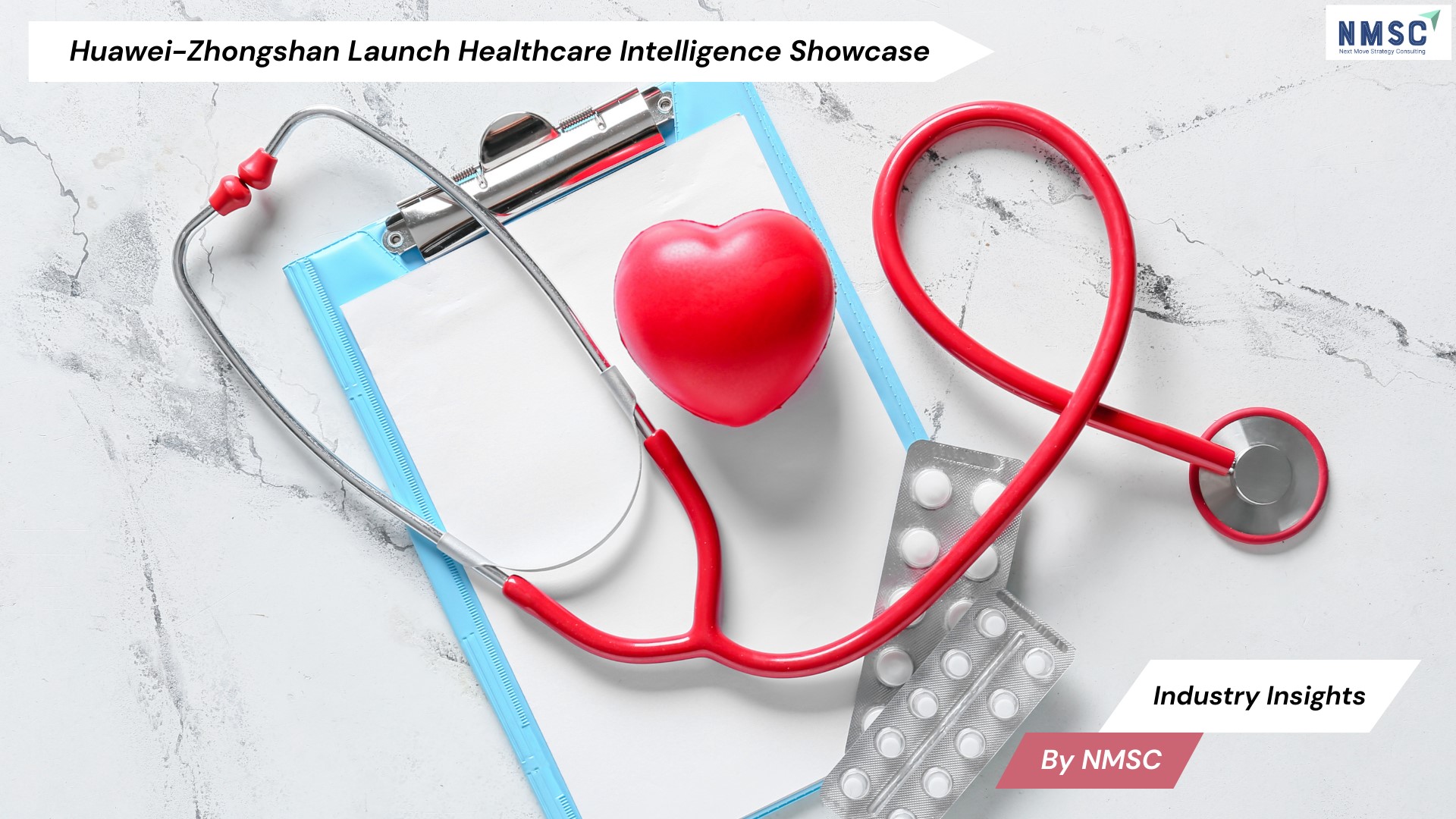Germany Early Toxicity Testing Market is expected to reach USD 419.6 million by 2030
Published: 2025-05-14
The robust medical infrastructure is driving up demand for the Germany early toxicity testing market during the forecast period.
Germany Early Toxicity Testing Market was valued at USD 286.1 million in 2024, and is predicted to reach USD 419.6 million by 2030, at a CAGR of 6.6% from 2025 to 2030, according to new research by Next Move Strategy Consulting.
The presence of strong medical infrastructure and increased public health awareness as a result of an educated populace propels growth of the market. According to the International Trade Administration, Germany is the 3rd largest medical technology market in the world and the largest in Europe, with a value of USD 35.8 billion, which is equal to 25.6% of the Europe market. In addition, Evotec AG collaborated with Novartis for a three-year drug discovery collaboration to develop small molecule therapies for multiple indications, including cancer and neurological disorders with optimal safety profiles and high efficacy. The collaboration is expected to accelerate development of new therapies while contributing to advancements of early toxicity testing methods and technologies.
However, stringent regulations set by regulatory bodies such as the US FDA and the EMA require extensive and rigorous testing for drug development and safety, which can be time-consuming and expensive and restrain growth of the market. The complexity and cost of complying with these regulations can pose a significant challenge for small and medium-sized companies that may not have the resources to carry out extensive testing. As a result, some companies may choose to delay or abandon drug development projects, which can limit demand for early toxicity testing services.
On the other hand, introduction of new technologies such as in-vitro modelling using 3D cell culture is expected to provide new lucrative opportunities for the early toxicity testing market during the forecast period. Use of 3D cell cultures can better mimic complexity of tissues and organs, providing more accurate and reliable results for toxicity testing. Traditional 2D cell culture models are limited in their ability to mimic complexity of human tissues and organs, often leading to inaccurate and unreliable results in toxicity testing.
Furthermore, use of 3D cell culture models can better mimic structural and functional complexity of tissues and organs, providing more accurate and reliable results for toxicity testing. 3D cell cultures allow growth and interaction of multiple cell types, creating a microenvironment that more closely resembles human tissues and organs. This can better predict toxic effects of drugs and chemicals in the human body, reducing the risk of adverse effects in clinical trials. Hence, such factors propel the ETT market growth.
Request for a Sample PDF on the Germany Early Toxicity Testing Market
According to the report, leading players in the Germany early toxicity testing market include Merck KGaA, Laboratory Corporation of America Holdings, WuXi AppTec, Evotec SE, Thermo Fisher Scientific, Charles River Laboratories International, Inc., Eurofins Scientific, PerkinElmer, Inc., Bio-Rad Laboratories, Inc., Agilent Technologies, Inc., ICON plc, GBA Group, Hangzhou Singclean Medical Products Co., Ltd., Boehringer Ingelheim International GmbH, Bruker Corporation, and others.
Key Insights from the Germany Early Toxicity Testing Market Report:
-
The information related to key drivers, restraints, and opportunities and their impact on the Germany early toxicity testing market is provided in the report.
-
The value chain analysis in the market study provides a clear picture of the roles of each stakeholder.
-
The market share of players in the Germany early toxicity testing market is provided in the report along with their competitive analysis.
















Add Comment